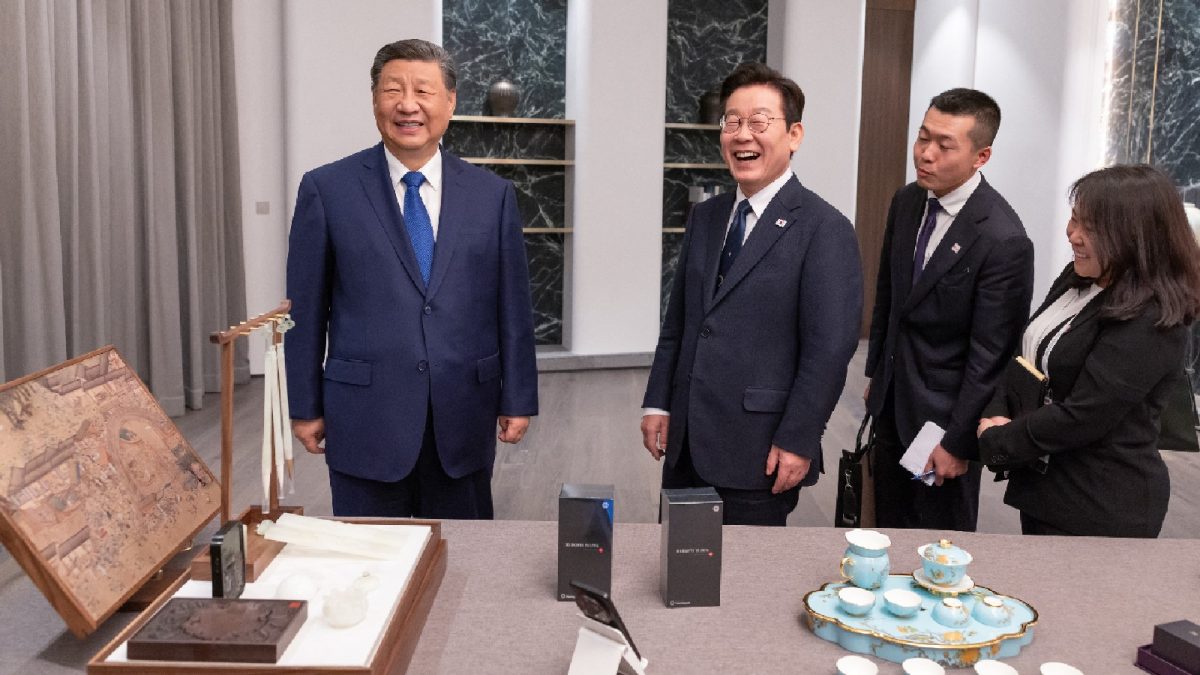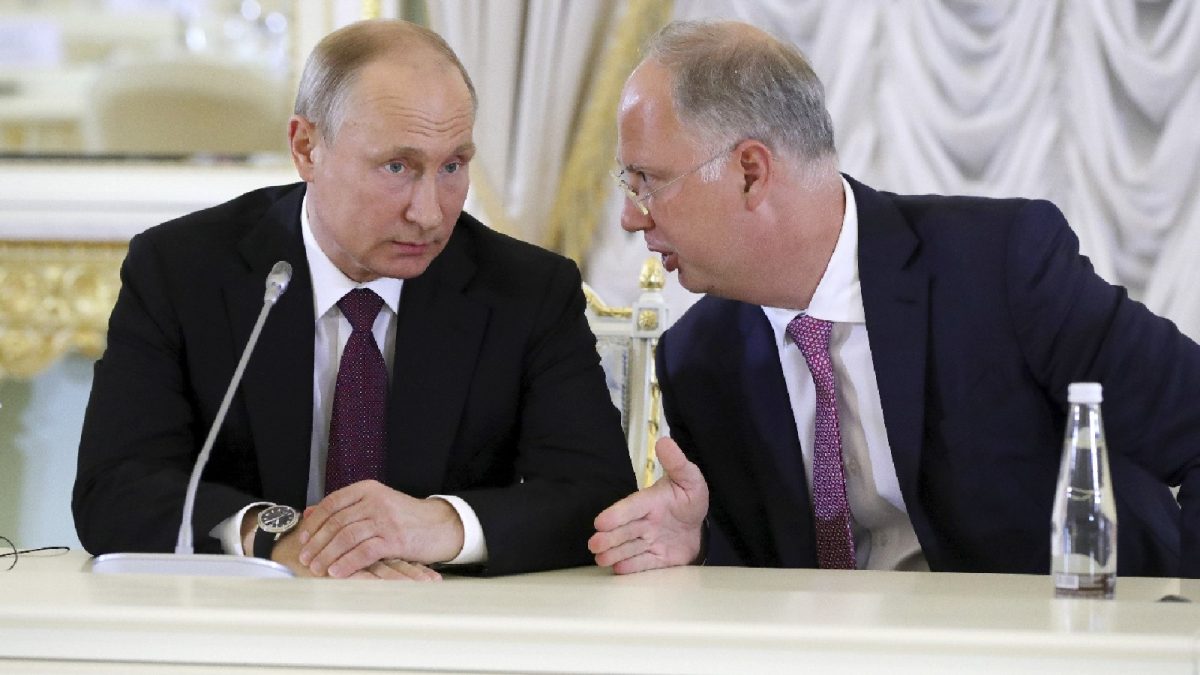ARTICLE AD BOX
Congress leader Shashi Tharoor, in an article for an international publication, took a dig at India’s dynastic political culture, calling it a serious threat to the country’s democracy. He asserted that it was high time India replaced dynasty with meritocracy.
"When political power is determined by lineage rather than ability, commitment or grassroots engagement, the quality of governance suffers. Drawing from a smaller talent pool is never advantageous, but it is especially problematic when candidates' main qualification is their surname,” Tharoor said in his article called 'Indian Politics Are a Family Business' in Project Syndicate.
He added, "It is high time India traded dynasty for meritocracy. This would require fundamental reforms, from imposing legally mandated term limits to requiring meaningful internal party elections, together with a concerted effort to educate and empower the electorate to choose leaders based on merit".
The article highlighted the Nehru-Gandhi family as a towering political dynasty that has dominated Indian politics for decades. Citing the examples of Jawaharlal Nehru, prime ministers Indira Gandhi and Rajiv Gandhi, and current Opposition leaders Rahul Gandhi and Priyanka Gandhi Vadra, Tharoor noted that the family’s legacy is deeply intertwined with India’s freedom struggle.
"But it has also cemented the idea that political leadership can be a birthright. This idea has penetrated Indian politics across every party, in every region, and at every level,” Tharoor further noted.
Beyond the Nehru-Gandhi family, the veteran Congress leader pointed out that dynastic politics prevails across a broad political spectrum.
He cited examples such as Odisha Chief Minister Naveen Patnaik, who took over the Biju Janata Dal after his father’s demise; Uddhav Thackeray, who succeeded Balasaheb Thackeray; and Aditya Thackeray, who is rising through the ranks of the Shiv Sena (UBT). The article also mentioned parties such as the Samajwadi Party, Rashtriya Janata Dal, Dravida Munnetra Kazhagam (DMK), and Shiromani Akali Dal.
The piece sparked reactions within the Congress itself. Dismissing Tharoor’s criticism, Congress leader Udit Raj argued that dynastic tendencies exist across all walks of Indian life.
“A doctor’s son becomes a doctor, a businessman’s child continues in business, and politics is no exception. Also, if a politician has a criminal background, it reflects the reality of our society,” Raj told news agency ANI.
“Election tickets are often distributed along caste and family lines. From Nehru to Pawar, DMK to Mamata, Mayawati to Amit Shah’s son, there are many such examples. The loss is that opportunities remain confined to families alone. Dynastic influence is not limited to politics; it extends to the bureaucracy, judiciary, and even the film industry,” he further noted.
Tharoor's recent public remarks, which have included praising the central government's foreign policy and the opposition's state government, have repeatedly drawn the ire of the Congress party leadership for seemingly contradicting the official party line.
- Ends
Published By:
Akash Chatterjee
Published On:
Nov 3, 2025

 7 hours ago
7
7 hours ago
7









 English (US) ·
English (US) ·